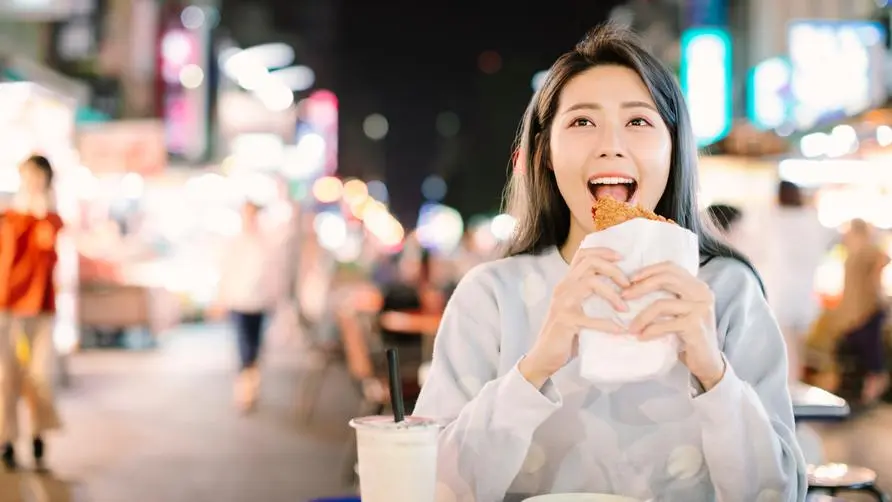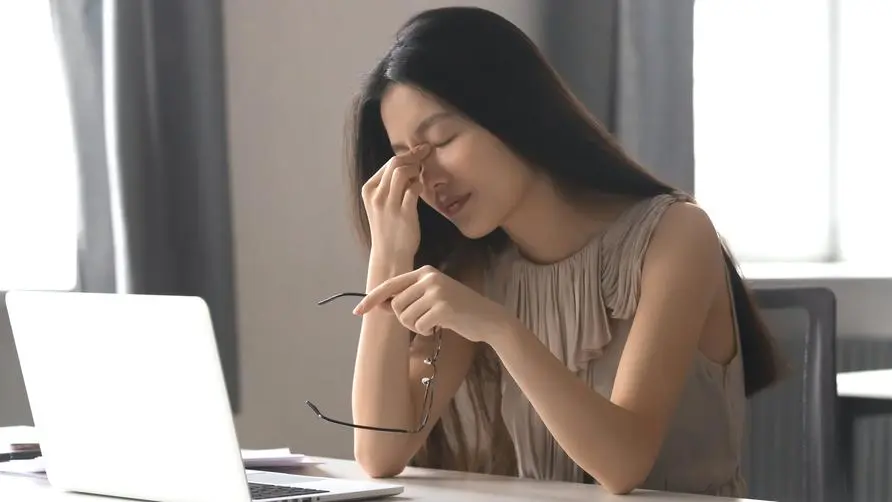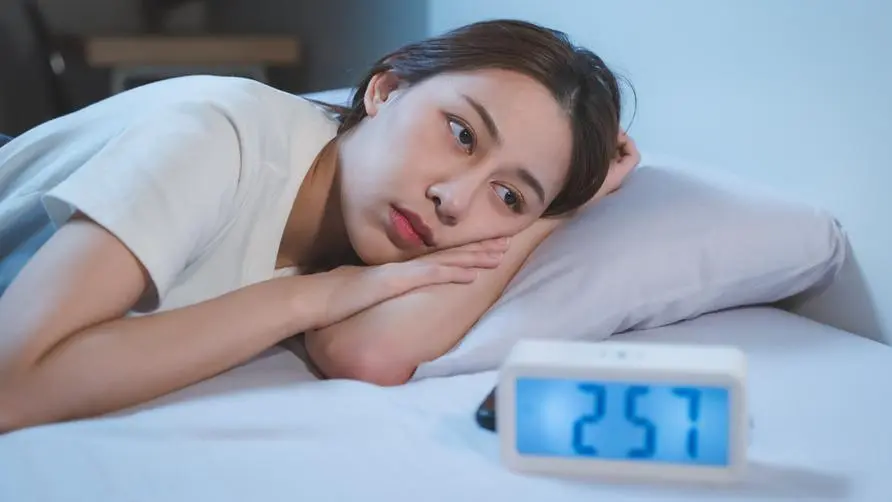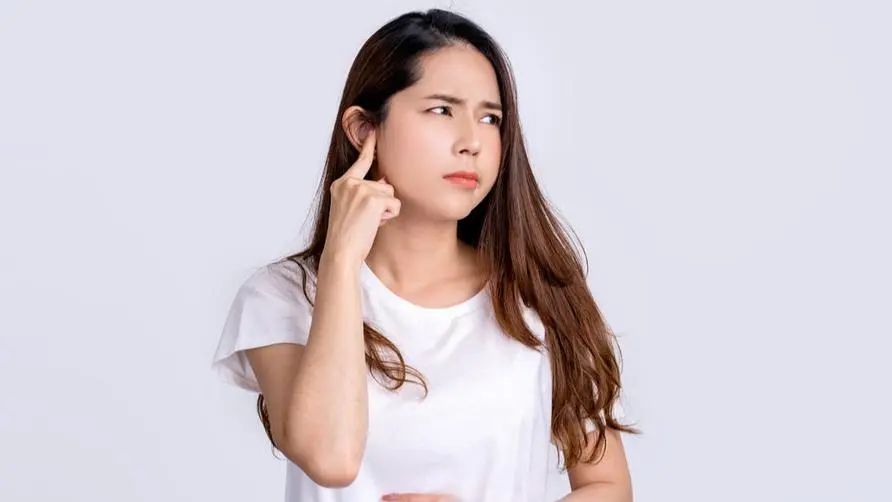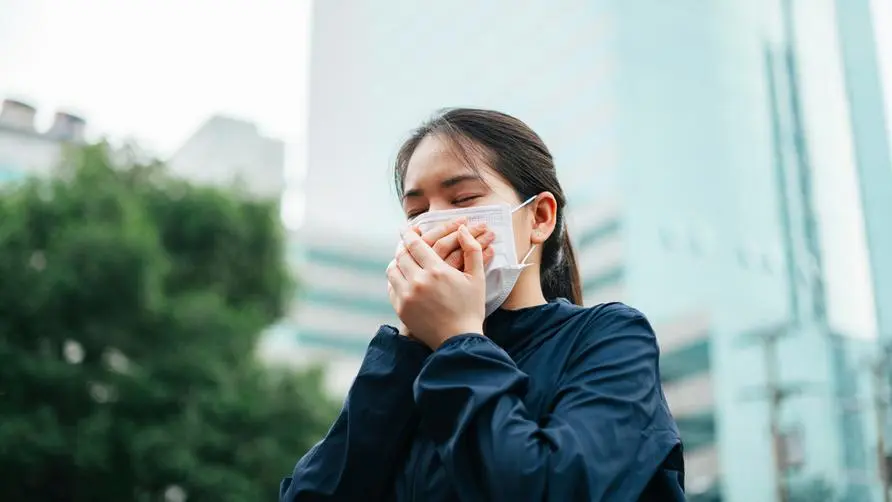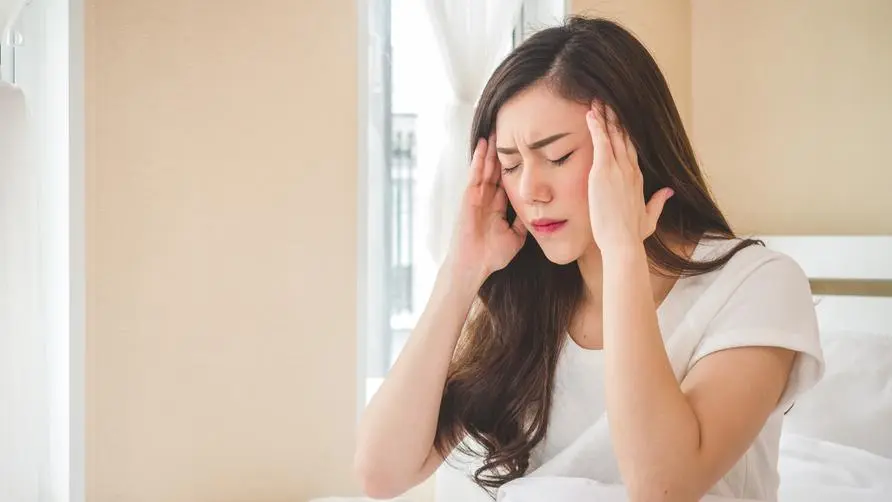No diagnosis but your body feels "weird"? Epidemic prevention has been downgraded, but the "anxiety" has escalated? Beware of "post-epidemic panic disorder" coming uninvited!
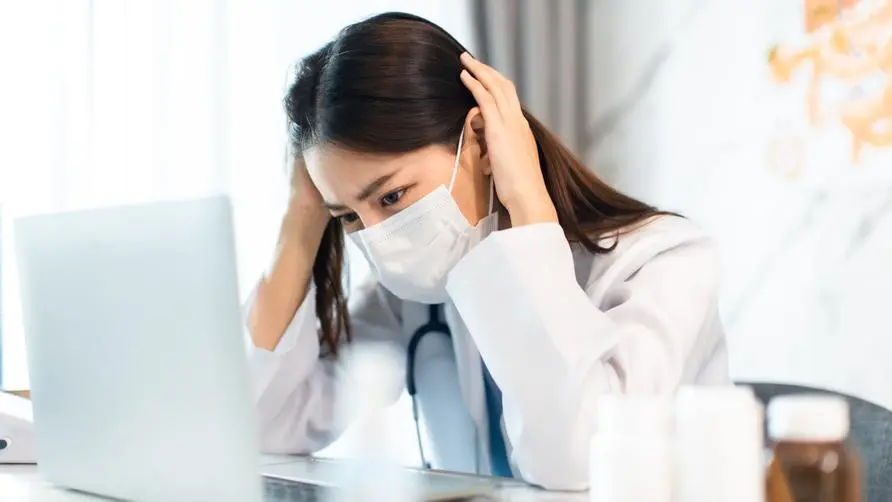
A man with many body ailments but no symptoms of panic disorder becomes an “epidemic” foreign visitor
“Recently, I often feel uncomfortable in my throat and feel breathless. Could it be that I have been diagnosed?”, “I haven’t gone out yet, but I often have chest tightness and have to take a deep breath. Should I go for rapid screening?” Although the epidemic is gradually easing, it is still The conversation starter of many people is that they often feel “weird”, but after seeing a doctor, the doctor says everything is normal, so where do these discomforts come from?
Chen Yi’an, a psychiatrist at Wanfang Hospital, said that many people have been unable to go out due to staying at home for a long time, and they have received a lot of negative news about the epidemic, resulting in being in a closed space and tense emotions for a long time. Under internal and external attacks, they gradually develop dizziness, chest tightness, and excessive stress. In terms of ventilation, it was only after seeking medical treatment that I realized that panic disorder had quietly come to my door.
Panic disorder is a type of anxiety disorder. Common symptoms include sudden heart palpitations, difficulty breathing, breathlessness, chest tightness, dizziness, abnormal sensations, etc. During the attack, patients often feel extremely uncomfortable and as if they are about to die. Many People will go to the hospital for treatment, but no physical abnormalities can be found after repeated medical examinations, which causes greater psychological pressure and is extremely painful for the patients. Fortunately, panic disorder is not incurable. Whether it is through medication or cognitive behavioral therapy, as long as you cooperate with the course of treatment and regular follow-up, the condition can gradually improve.
A few days ago, Ms. Huang experienced various unspecified physical discomforts after receiving the vaccine. As the discomfort became more and more serious, she was cautious and immediately went to the hospital for a detailed examination. After the doctor analyzed the report, it was determined that it had nothing to do with the side effects of the vaccine. There were no abnormalities in the examination, but as she had a history of anxiety, she did not feel relieved and still felt physically unwell. In the above situation, Dr. Chen said that people with a history of anxiety-related problems were very anxious and under great pressure during the epidemic prevention period. Therefore, when they are stressed after being vaccinated, they will be more sensitive to physical symptoms and more susceptible to physical symptoms. It is easy to develop anxiety symptoms, which often happens during the epidemic.
In the post-epidemic era, it is easy to be overly anxious. Doctors teach you “3 tips” to reduce psychological burden
Dr. Chen also mentioned that the epidemic situation has been severe in the past few days. Many people have avoided entering medical institutions and delayed return visits. This has also resulted in the interruption of medication and the inability to effectively control the disease. Dr. Chen said that if the body sends a warning signal, Even when it affects your daily life, you should return to the hospital as soon as possible to stabilize the condition, which is the way to peacefully coexist with the disease.
The new life of epidemic prevention has become the norm, and psychological conditions are pervasive. Therefore, Dr. Chen provides the public with three quick tips to help the public survive this extraordinary period:
First: You might as well do some aerobic exercise at home and have a regular schedule. In addition to regulating your mood, it can also help you sleep at night.
Second: Avoid watching epidemic news for too long. Just allocate 30 minutes a day to update information. At the same time, pay more attention to the accuracy of news sources.
Third: Make good use of psychological consultation channels. If people have concerns about mental health, they can seek consultation to reduce their psychological burden.
